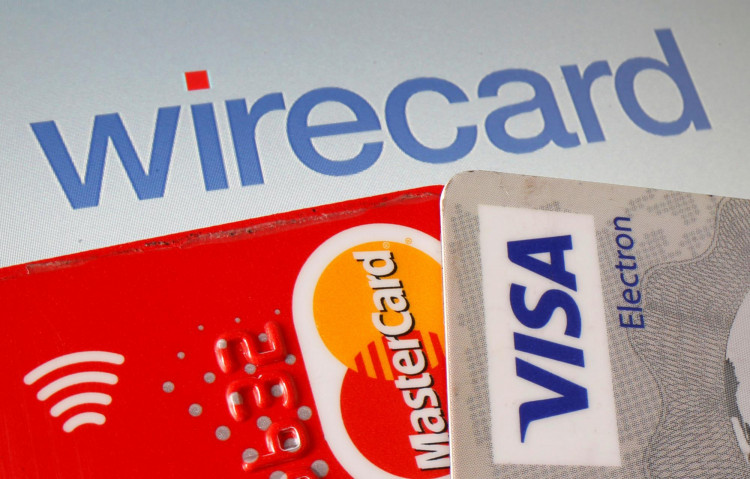In a landmark antitrust settlement, credit card giants Visa and Mastercard have agreed to pay an estimated $30 billion to limit credit and debit card fees for merchants, potentially leading to lower prices for consumers. The settlement, one of the largest in U.S. history, would resolve claims in a litigation that began in 2005, pending court approval.
Merchants have long accused Visa and Mastercard of charging inflated swipe fees, also known as interchange fees, when shoppers used credit or debit cards. They also alleged that the card networks barred them from directing customers toward cheaper means of payment through "anti-steering" rules. The settlement aims to address these concerns and foster greater competition in the payments industry.
Under the terms of the settlement, Visa and Mastercard will reduce interchange rates by four basis points (0.04 percentage points) in the United States for three years and cap rates for five years. Both card networks have also agreed to remove anti-steering provisions, allowing merchants to guide customers toward more cost-effective payment methods. Visa and Mastercard have denied any wrongdoing in agreeing to settle.
The fee rollbacks and caps alone are valued at $29.79 billion, according to court papers, with Visa estimating that small businesses comprise more than 90% of the settling merchants. Joseph Stiglitz, a Nobel Prize-winning economist hired by the merchants as an expert, stated in an affidavit that the settlement "greatly enhances merchants' freedom to steer customers using the linchpin of competition--prices," and could lead to "very substantial" savings for merchants. Stiglitz added that "competition among merchants results in these cost savings being passed on to customers in the form of lower prices."
The settlement follows a related $5.6 billion class-action settlement by Visa and Mastercard last March, which covered about 12 million merchants but did not resolve the types of fees the card networks could impose. Not all retailers were covered by that settlement.
Retailers have long complained that the "swipe fees" they pay to process credit card transactions are significantly higher in the U.S. compared to other countries. According to industry publication The Nilson Report, merchants paid $93 billion in Visa and Mastercard fees in 2022, up from about $33 billion in 2012. In the U.S., fees average 2.24 percent of the total transaction and can be as high as 4 percent for premium travel and rewards cards, while in the EU, fees were capped at 0.3 percent in 2015.
Visa and Mastercard control approximately 83 percent of the U.S. credit card market, giving them a monopoly on swipe fees paid by retailers. Although the card networks set the fees, it is the banks that issue the cards that collect the most revenue. For example, JPMorgan Chase collected $31 billion in interchange and merchant processing income last year, netting $4.8 billion in total card income after accounting for customer rewards, payments to partners, and other costs.
Robert Eisler, co-lead counsel for the plaintiffs, expressed satisfaction with the settlement, stating, "This settlement achieves our goal of eliminating anti-competitive restraints and providing immediate and meaningful savings to all US merchants, small and large." The deal still requires approval from the U.S. District Court for the Eastern District of New York.
The settlement is expected to have far-reaching implications for the payments industry, potentially leading to lower prices for consumers as merchants pass on the savings from reduced swipe fees. It also marks a significant victory for retailers who have long argued that the high fees charged by Visa and Mastercard have hindered their ability to compete and grow their businesses.






